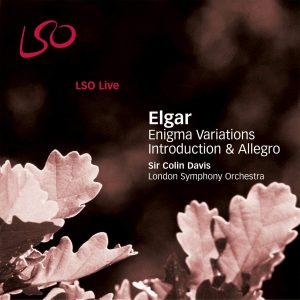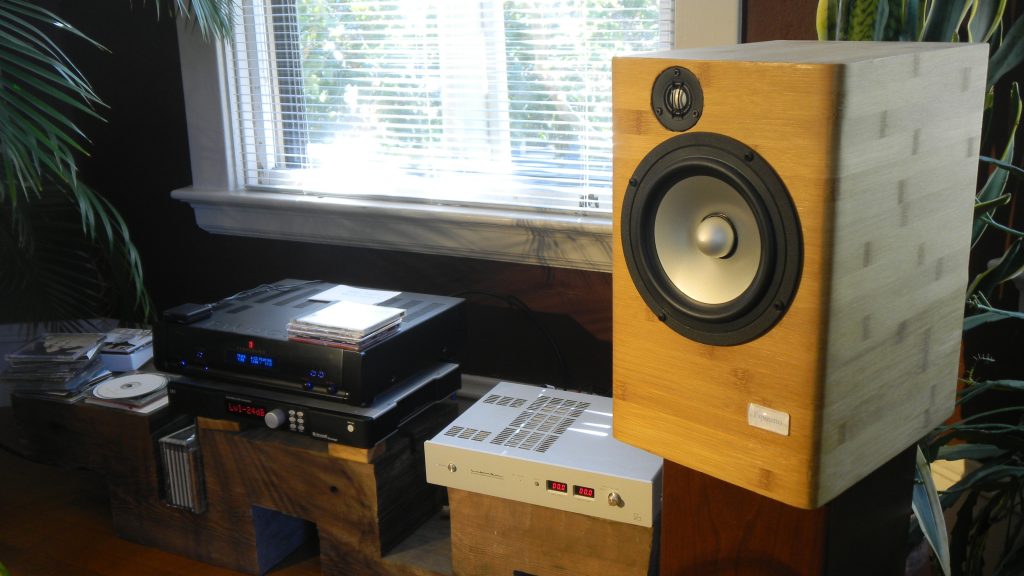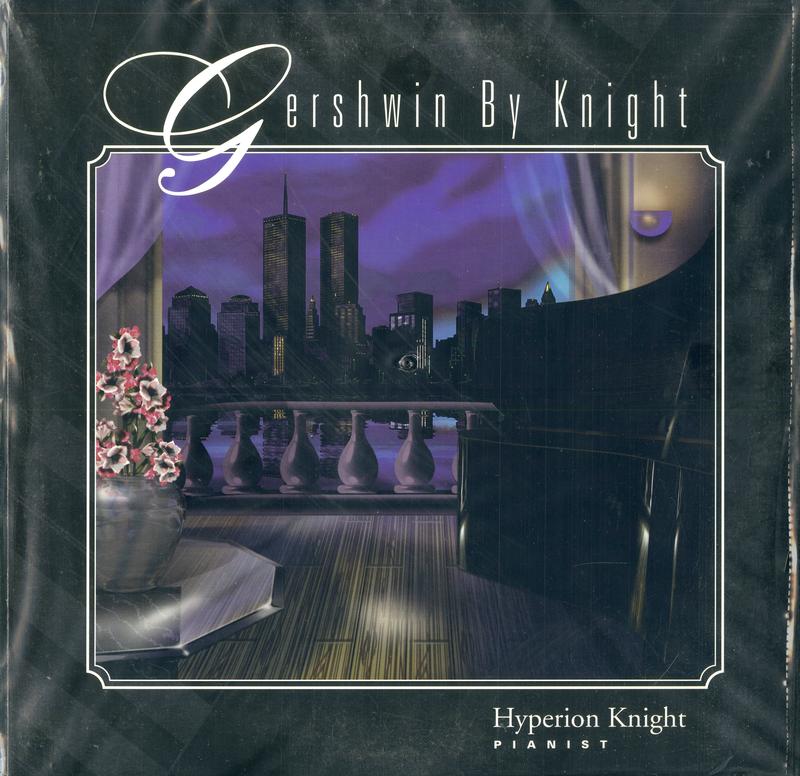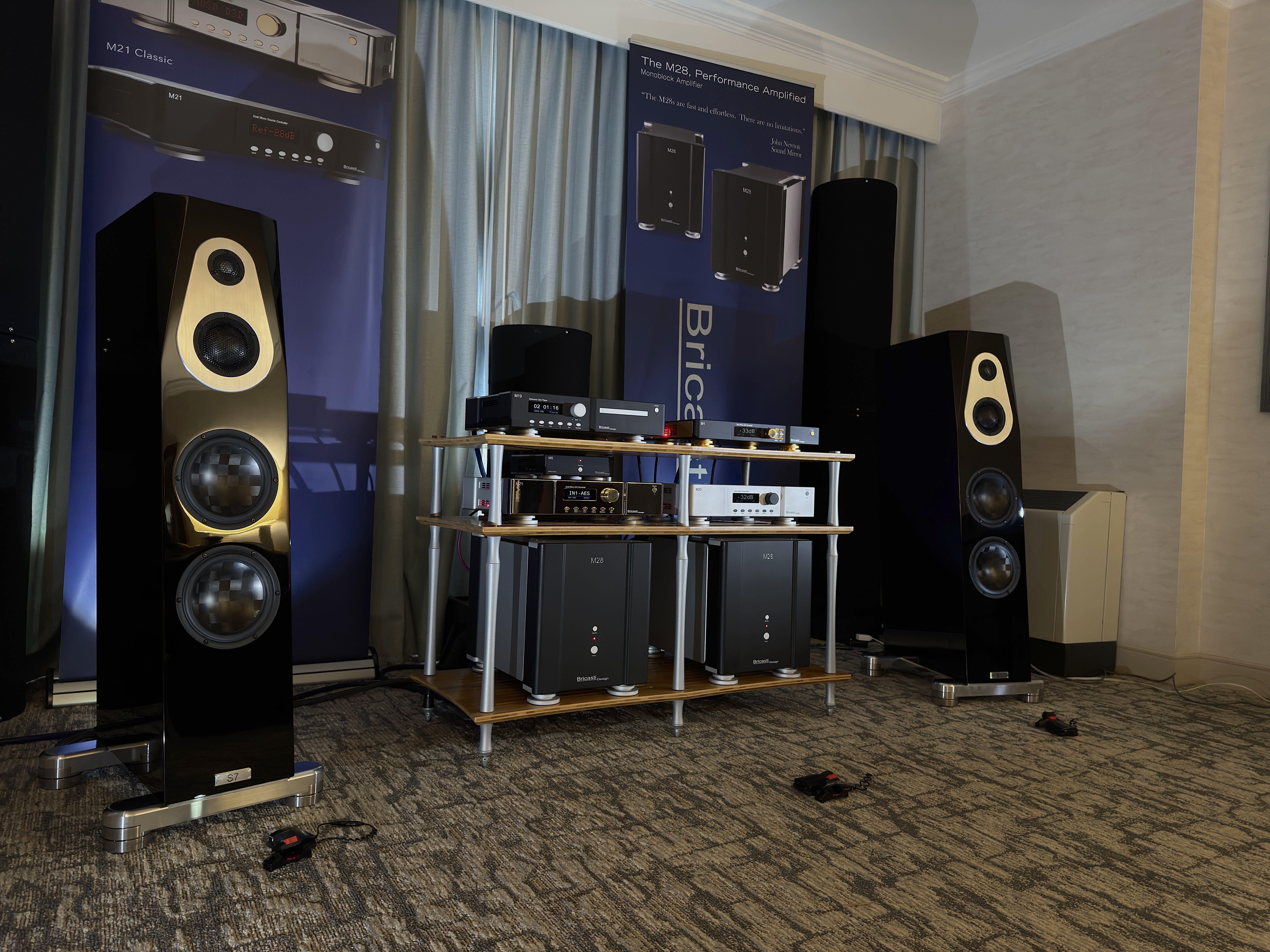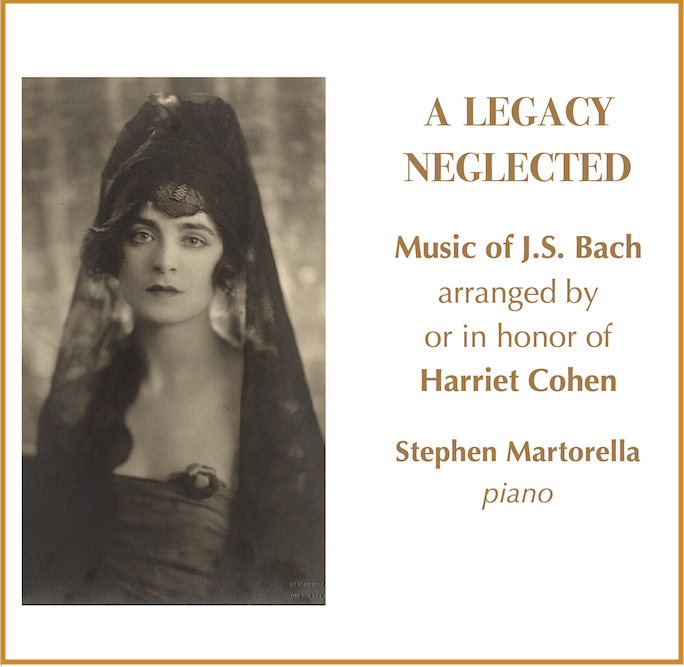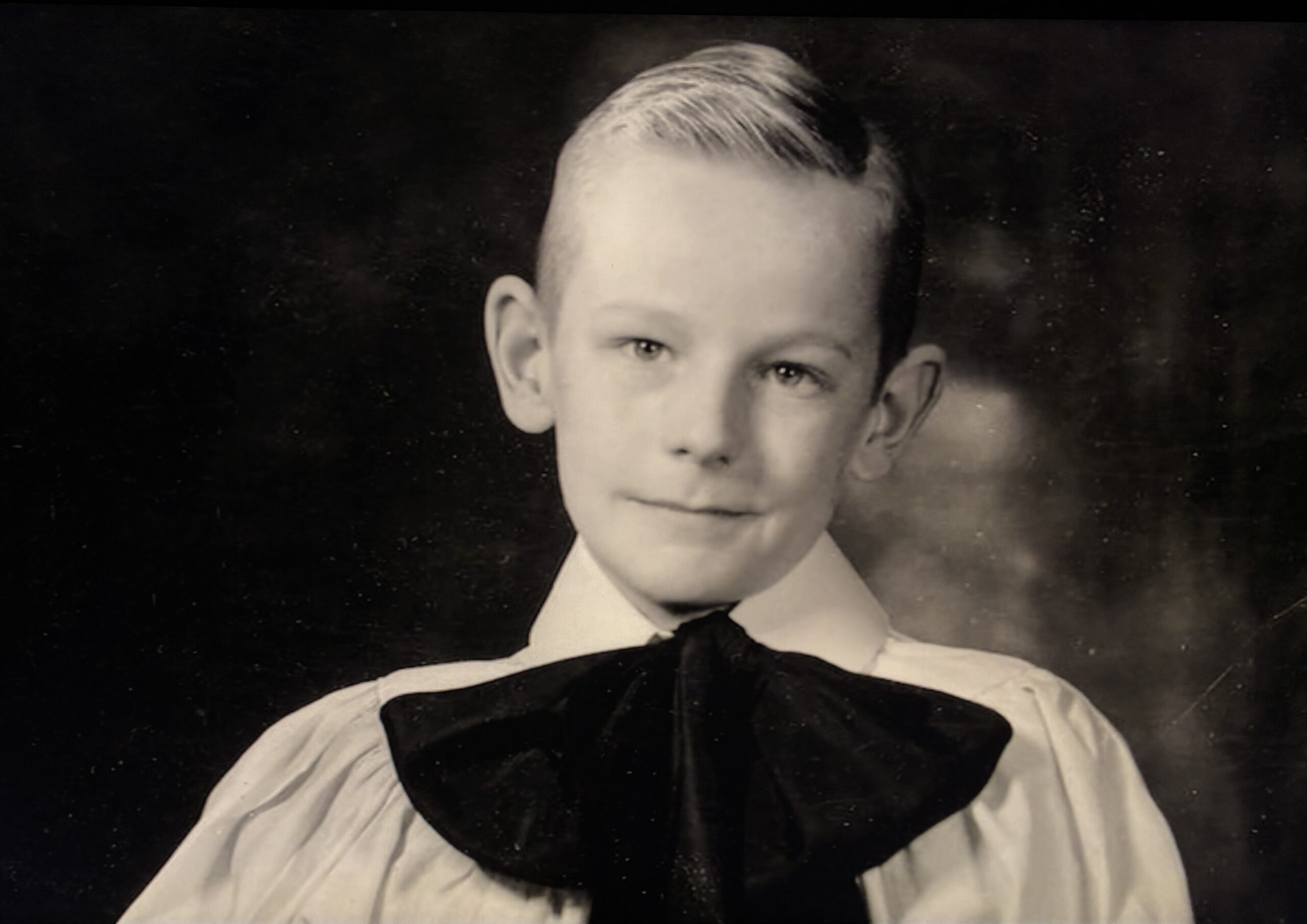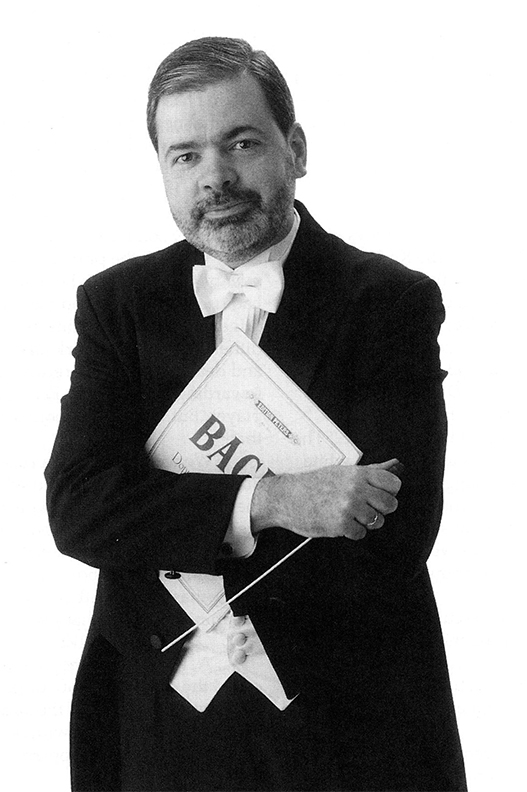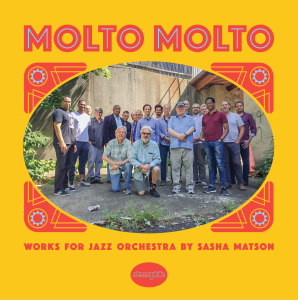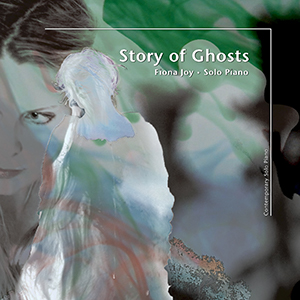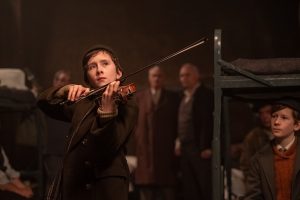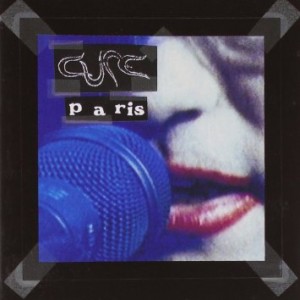I am very grateful to Stereophile's John Atkinson for alerting me to an extraordinarily well-thought-out and, to me at least, persuasive identification of the "Hidden Theme" of Elgar's "Engima" Variations.
Here's the link to Ed Newton-Rex's case that, when Elgar commented:
through and over the whole set [of variations] another and larger theme "goes", but is not played
Elgar was referring to Pergolesi's Stabat Mater. Details after the jump.
Newton-Rex contends that the relationship of Elgar's famous "Original Theme" to the melody at the beginning of Pergolesi's Stabat Mater is not one of theme-and-variations (in other words, Elgar's opening tune is not a variation of Pergolesi's opening tune); but rather, the relationship is that of counterpoint.
That is to say, Elgar's opening tune should be thought of as a counterpoint to Pergolesi's opening tune—they were meant to be played in parallel at the same time. At least for the purpose of coming up with an "original theme."
This slight of hand—that a counterpoint to a hidden (not played) theme is itself the theme for perhaps the most famous set of orchestral variations, fits in with much else we know of Elgar's personality. It really is worth your time to click on the link for the intellectual pleasure of following Newton-Rex's argument.
One thing that I would like to add to what Newton-Rex says is that, I think that it is fair to say that Elgar's relation to Catholicism was of the "Love/Despair" variety. While Elgar's faith was very important to him and to his creative output, it also must be remembered that when Elgar was growing up, Catholics were under legal restrictions, the relevant one to this discussion is that Elgar, as a Catholic, could not attend a University.
Elgar always rued his lack of formal training. But it apparently never occurred to him that had he had "the best teachers," he might have turned out like any number of almost-forgotten British composers known only to a few choir and chorus members.
So, Pergolesi's take on the Crucifixion as the "dark secret" Elgar referred to makes a lot of sense to me. Elgar was shoving Catholicism right under the noses of the British class structure, and they were too self-absorbed to see it or hear it. Which also makes sense as a reason for Elgar's never revealing the secret.
There are more than 100 Enigma performances currently available on CD. I can't offhand think of a bad one. My personal favorites include those by Barbirolli, Boult, and Rattle. But the newcomer Vasily Petrenko has been getting lots of good press. SACD fans should snap up Sir Colin Davis' 2007 LSO Live SACD at $14.99, while supplies last!
And now here's a wonderful complete performance from the Proms, also from 2007, the Royal Philharmonic, conducted (on short notice) by Gennady Rozhdestvensky.




